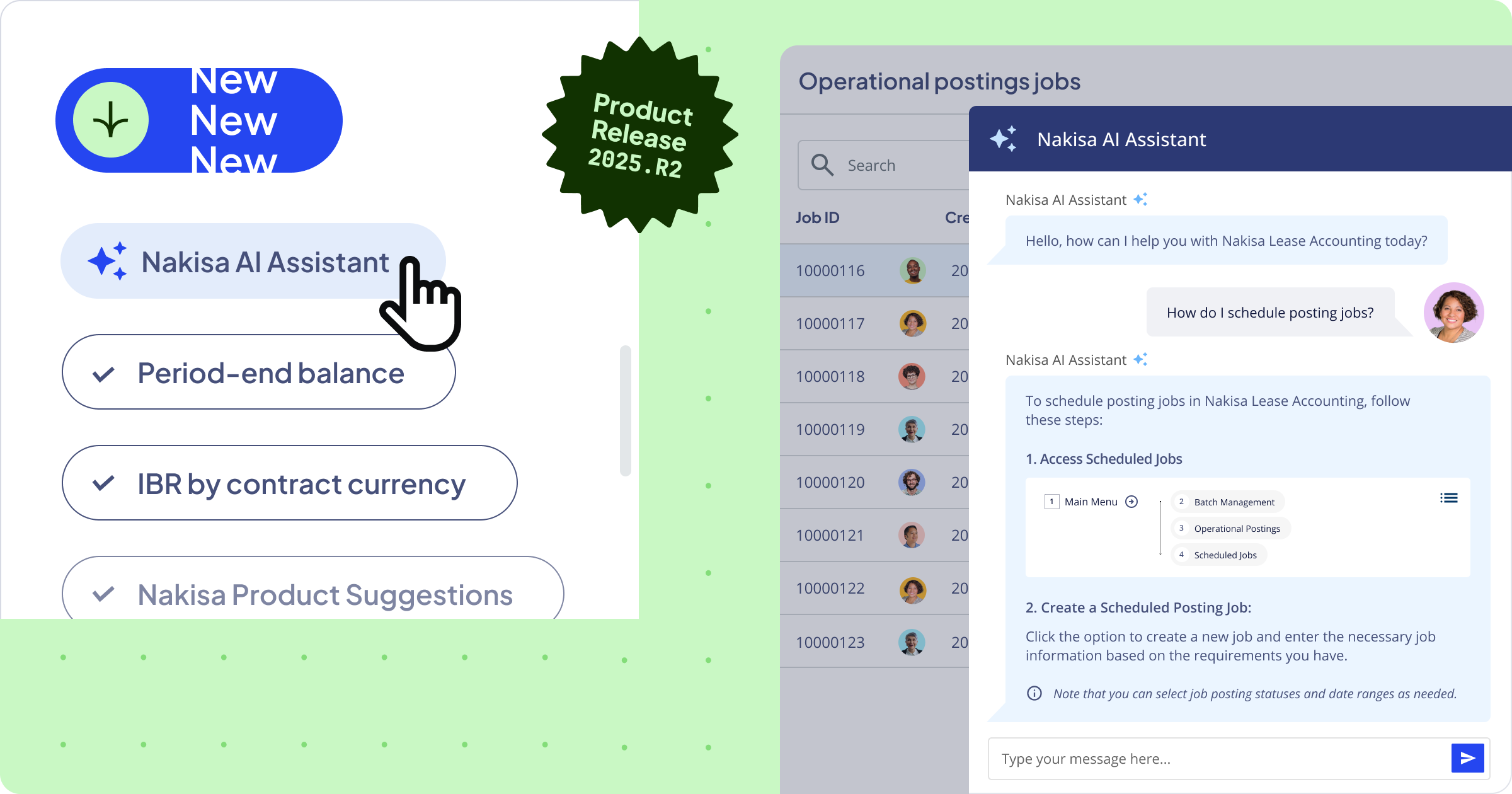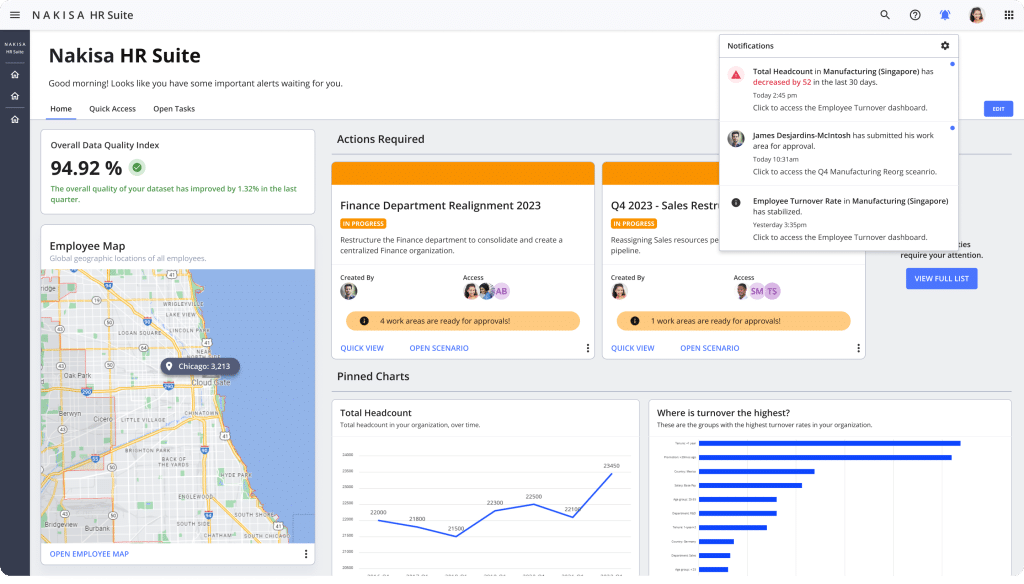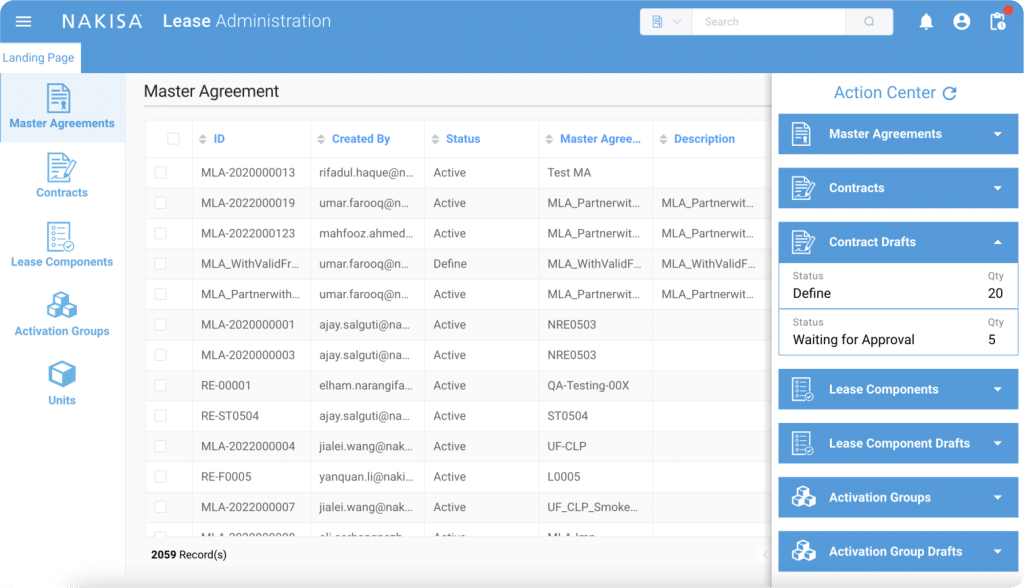In today’s technology-fueled environment, there are plenty of three-letter acronyms flying around.
WWW. USB. SEO. CSS. LOL?
For most CIOs in today’s cloud-focused landscape, the job is largely about creating flexibility, simplifying processes, and achieving efficiencies. An API-first approach can be an effective solution to these challenges. An API, or Application Program Interface, is really a fancy name for code that allows two or more software programs to talk to each other.
CIOs are in charge of ensuring the coordination of all interacting systems within an enterprise and its extended environment. Open standard software can be an effective solution to these challenges. With open standard software, organizations have the ability to connect systems and streamline business processes. Internal developers or hired consultants have the tools to connect company-wide processes from end to end.
When done right, APIs enable businesses to innovate faster and customize solutions to meet their unique needs. Most companies are using a variety of different software programs to manage AP, business payments, organizational design, people data, and many other functions.
At a time when customers are demanding faster, more secure, and more flexible lease management, data management, and integration options, and while businesses are in need of more efficient, comprehensive organizational decision-making, the need to bring these programs together far outweighs any resistance to change or fear of working with third-party technologies. And APIs are the best way to connect the dots between these programs.
Web Services: REST and SOAP
There are two primary web service communication protocols REST and SOAP, each with their own unique features and advantages. The REST architectural style is relatively new and seeks to fix the problems associated with SOAP.
Why REST?
The REST (Representational State Transfer) API is a powerful, convenient, and simple web services API for interacting with different systems. Administration APIs are designed to facilitate extension of the application, support customer-specific requirements and processes, and accommodate unique integration requirements.
REST is independent of any underlying protocol and is not necessarily tied to HTTP—the underlying language used by the World Wide Web. It adapts to the type of syntax or platform being used, which gives considerable freedom when changing or testing new environments.
Benefits of REST
- Language and platform agnostic With REST API, the client making the request and the API server providing the response can use any programming language or platform. This is one key advantage of Nakisa’s APIs: they are platform agnostic and therefore interoperable across different languages and platforms.
- Cross-platform versatility Many IT landscapes today do not use one cloud provider or platform. With a need for cross-platform compatibility, your IT resources or consultants are able to create, test, and deploy custom solutions based on your needs. The familiar REST architecture makes it easy to update code to meet needs.
Making APIs work for you
Nakisa’s suite of workforce planning and lease accounting and real estate solutions utilize REST APIs to fuel innovation and flexibility. No matter what ERP your organization may be using, APIs help tie our platforms to the systems you already have in place, reducing configuration time and streamlining ongoing business processes. In today’s 24/7 business environment, fast and intuitive IT systems are essential. APIs help ensure your business never misses a beat.





